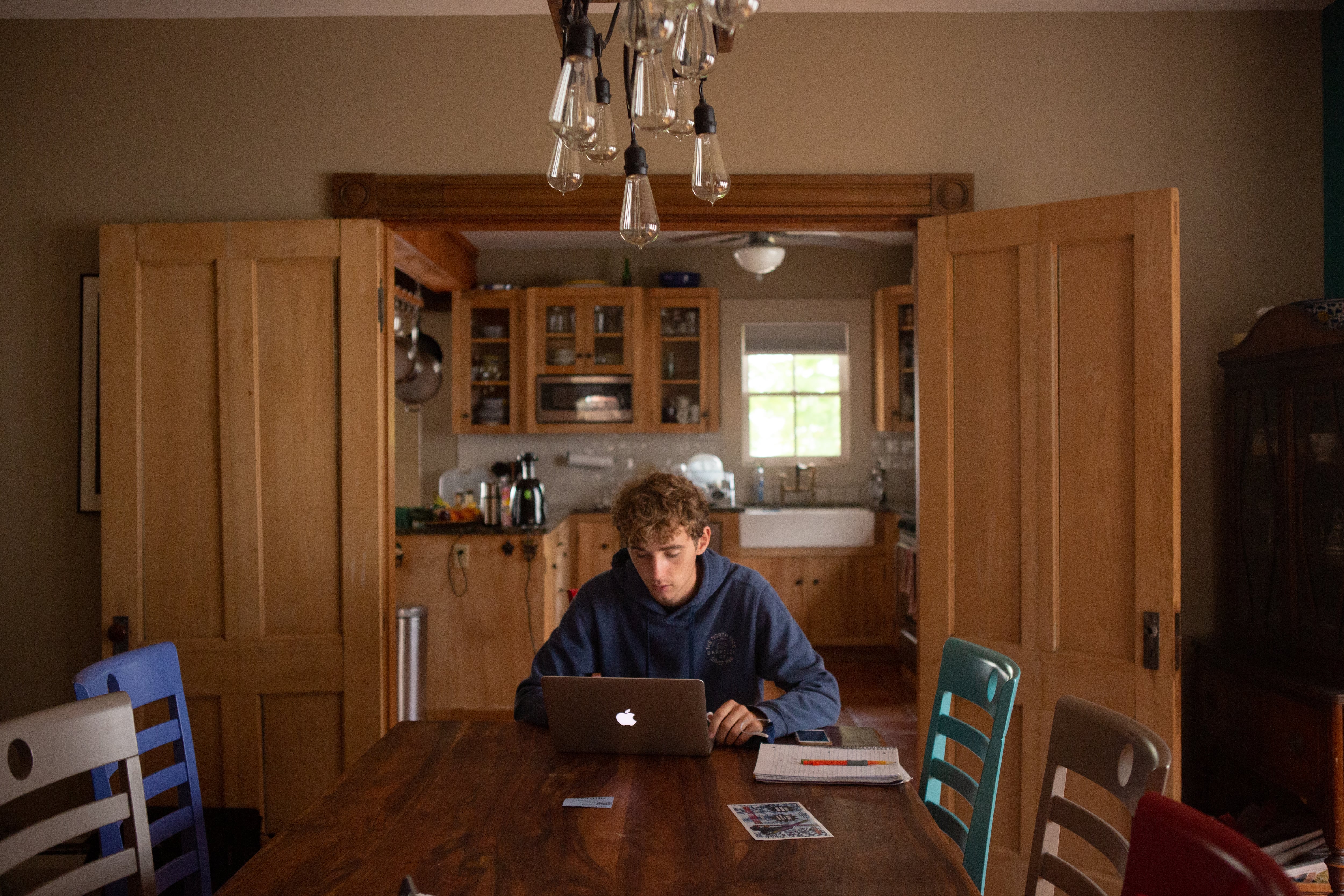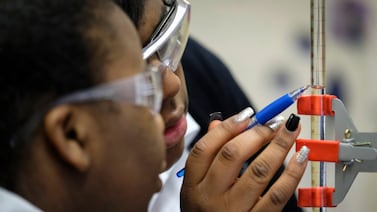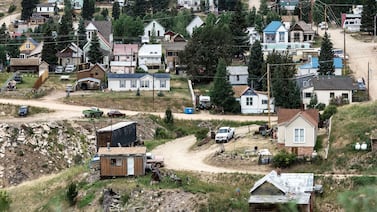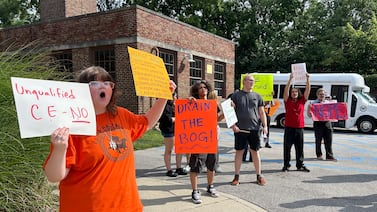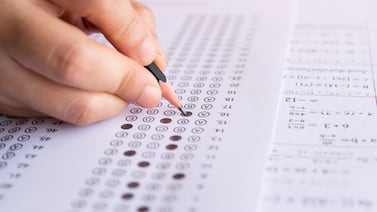The coronavirus shocked New Jersey’s school system, with mandated school shutdowns halting traditional education models. As parents dealt with a global health emergency along with school closures, some turned to home schooling to take control of their children’s education.
The percentage of home-schooled students in New Jersey quadrupled during the 2020-21 school year, according to data released by the state Department of Education. But the number of home-schoolers in the state is only a quarter of a percent of all school students, or about 5,326 students from kindergarten to 12th grade.
Many home schooling advocates applauded this news, pointing to that large increase. But public school union leaders were cautious, warning that the overall number of home-schooled students is so slight that it can’t be used to draw a significant meaning about the state of public education.
“You simply cannot use data from 2020-21 to draw any conclusions about ‘increased interest in home schooling in New Jersey post-pandemic’ because the state was not post-pandemic. We were smack-dab in the raging middle of a pandemic,” said Steven Baker, communications director for the New Jersey Education Association, the state’s largest teachers union.
But home schooling organizations note that the increases in enrollment seen during the pandemic have not dissipated since public schools reopened. In November 2020, the Princeton Learning Cooperative’s enrollment numbers began increasing dramatically, according to Joel Hammon, co-founder of the “learning community,” which blends in-person classes with the flexibility of home schooling. Hammon said that although some families did return to traditional schooling methods after restrictions were lifted, many stayed.
Shift in perception
Further, advocates note a shift in the perception of alternative schooling methods. Many families were exposed to home schooling for the first time and found it to be beneficial.
Researchers at the University of Boston and the University of Michigan examined that perception shift in a 2021 study that analyzed the pandemic’s effect on public and private schools as well as home schooling. They found that the pandemic “altered families’ attachment to public schooling.”
The increase in home schooling was not in New Jersey alone. In New York City, K-5 students switching to home schooling increased 119% since the 2019-20 school year, based on a Chalkbeat analysis.
According to the U.S. Census Bureau’s experimental Household Pulse Survey, the number of people nationally that were home schooling at the start of the 2020-2021 school year doubled in comparison to the previous school year.
Home schooling regulations
Despite an increase in interest, home schooling has historically accounted for a small percentage of students, and still does. But for those who engage in the alternative schooling method, what does the process look like?
Home-school laws differ from state to state. In New Jersey, much of the structuring is left up to parents.
All that is required to begin home schooling in New Jersey is to formally withdraw a student from their current school. Notification is not required, and the state has no teacher, assessment or immunization requirements.
In comparison, states such as Pennsylvania — where home schooling is highly regulated — require home-school teachers to have a high school diploma; a notarized affidavit must be filed with the local school superintendent by a certain date, and instructional hours are regulated.
New Jersey requires the home-schooled child to receive “equivalent” teaching instruction. Although “equivalent” does not mean “identical,” parents must follow that ruling. Failure to do so has landed some in legal trouble, according to Scott A. Woodruff, director of legal and legislative advocacy at the Home School Legal Defense Association. Still, parents are free to hand-select materials and education programs.
That hands-off approach, though, does not mean legislators are keeping their hands off the issue. Currently in committee, a bill (A-1041) would mandate inclusivity in extracurricular activities for home-schooled students and include various activities not limited to clubs, sports programs and theatrical productions. As it stands, local boards of education may allow home-schooled students to participate in extracurriculars such as sports but are not required by law to do so.
Astrea Slezak is a digital production assistant at NJ Spotlight News, where this story was first published. NJ Spotlight News is a content partner of Chalkbeat Newark.

